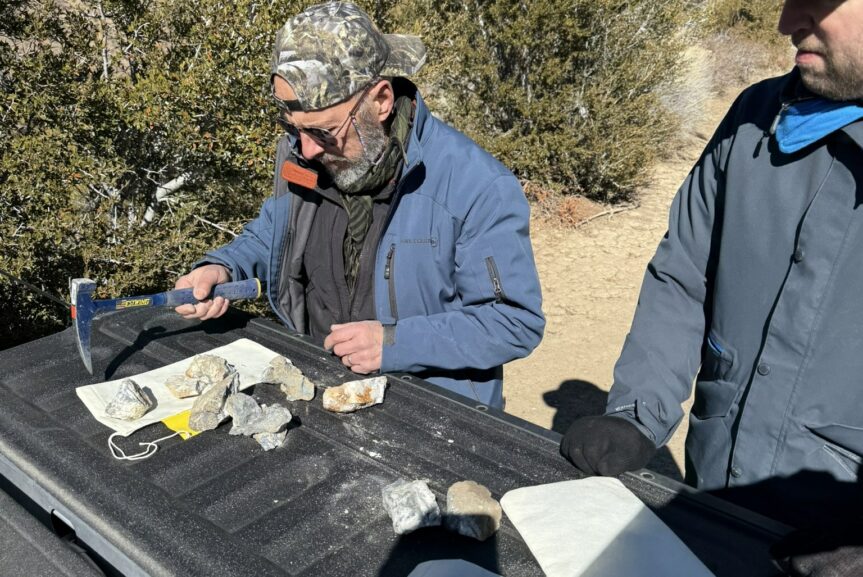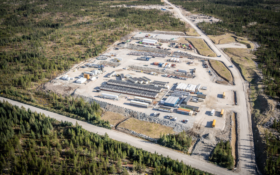The new US government has declared its intention to boost domestic mineral production for the electronics and defence industry. Today the United States is 100% import-reliant on at least 15 critical minerals. Imports of nonfuel mineral commodities make up more than half of U.S. consumption. The Executive Presidential Order also includes streamlined permitting and other measures to enhance national security.
The definition of critical minerals includes uranium, copper, potash, gold, and any other element, compound, or material as determined by the Chair of the National Energy Dominance Council, NEDC, such as coal. Today China, Iran, and Russia control large deposits of several minerals critical to the U.S., posing a national security risk. For example, 70% of U.S. imports of rare earth metals comes from China.
Financing, loans, and investment support will be provided for new mineral production projects. The Defence Production Act, DPA, will be used to expand domestic mineral production capacity, increasing the ties to the US defence industry.
However, this expansion of mineral production will not be realised without problems. New recommendations will be provided to Congress regarding treatment of waste rock, tailings, and mine waste disposal. This development causes worries among inhabitants close to the existing or intended mineral mines.
Native tribes are also affected by the development. Many mineral findings are located close to traditional native residential areas. A Canadian mining company behind a massive new lithium mine in northern Nevada has received a $250 million investment to complete construction of the new mine. That has come under fierce criticism from neighbouring tribal nations and watchdog groups for its proximity to a burial site.
“What that mine is doing is desecrating,” spokesman Gary McKinney said. “They’re erasing parts of the history of the Northern Paiute and Western Shoshone people.”












